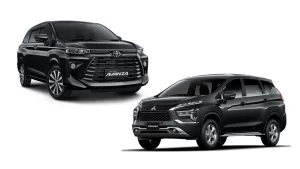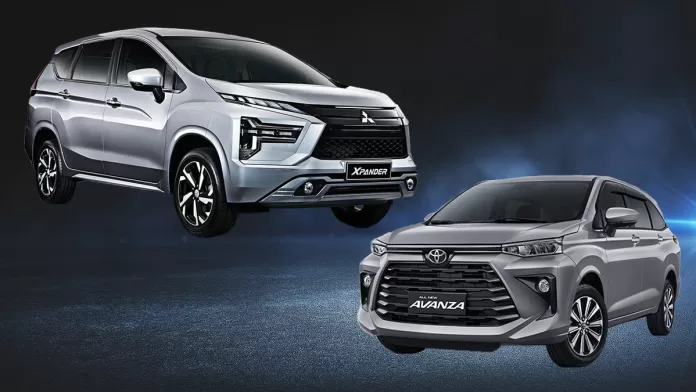Low MPV cars are a favorite vehicle for Indonesian people. Some cars that enter this segment even feel the taste of the Low MPV segment.
For example, the Toyota Avanza and Mitsubishi Xpander. These two cars are now the favorites on the road. Currently, the Toyota Avanza and Mitsubishi Xpander have been dressed up to meet market tastes and demands.
It’s just that both of them don’t have a new engine option yet. Including a hybrid engine option. Mitsubishi will actually present the Mitsubishi Xpander Hybrid next year.
The problem is that the car will only be sold in Thailand.
President Director of PT Mitsubishi Motors Krama Yudha Sales Indonesia (MMKSI), Atsushi Kurita, said that his party is currently still studying the market and government policy towards hybrid cars. Technically the company is ready to produce the Xpander Hybrid, even the XForce Hybrid model.
“As seen from Mitsubishi’s previous announcement in Thailand there will be an Xpander Hybrid because in Thailand there is a favorable tax policy. The price of hybrids in Thailand is cheaper than conventional cars,” he said.

“In Indonesia, to be honest, we are looking at market conditions first. Our competitors have already introduced hybrids in the XForce segment, and we are trying to study it. We are ready to introduce hybrid compact SUVs in the future for Indonesia,” said Atsushi Kurita.
He revealed that the company does not want to import hybrid cars, but must be produced in Indonesia. XForce and Xpander hybrid will share the same technology
Toyota also feels the same condition. They also see the lack of incentives for hybrid cars as a factor that needs to be considered. Vice President of Toyota Motor Manufacturing Indonesia (TMMIN) Bob Azam said that currently Toyota is waiting for news from the government regarding subsidies for hybrid cars. As is known, currently the incentives provided are still limited to full battery electric cars or BEV (Battery Electric Vehicle).
“Still waiting for additional incentives from the government, so that (the price) can be more affordable. Later we can reduce fuel usage significantly, it could be up to 50 percent. Ideally we would get incentives. That’s not for us (manufacturers) but for consumers,” said Bob to journalists in Jakarta, Tuesday (28/11/2023).
Bob Azzam continued to explain, currently there are two views regarding electric car subsidies, first zero emission, second low emission. Currently, government subsidies are given to locally made full battery electric cars that have zero emissions.
“For low emissions, all efforts (efforts) to reduce emissions must be given incentives. Because in 2030 we have to reduce it, right until 2040, 2050. So if we use net zero emissions, it will be difficult (to achieve that target). So in terms of “We hope that the government will consider providing incentives for all electrification technologies (including hybrid) so that we can become leaders in Southeast Asia,” stressed Bob Azzam.




